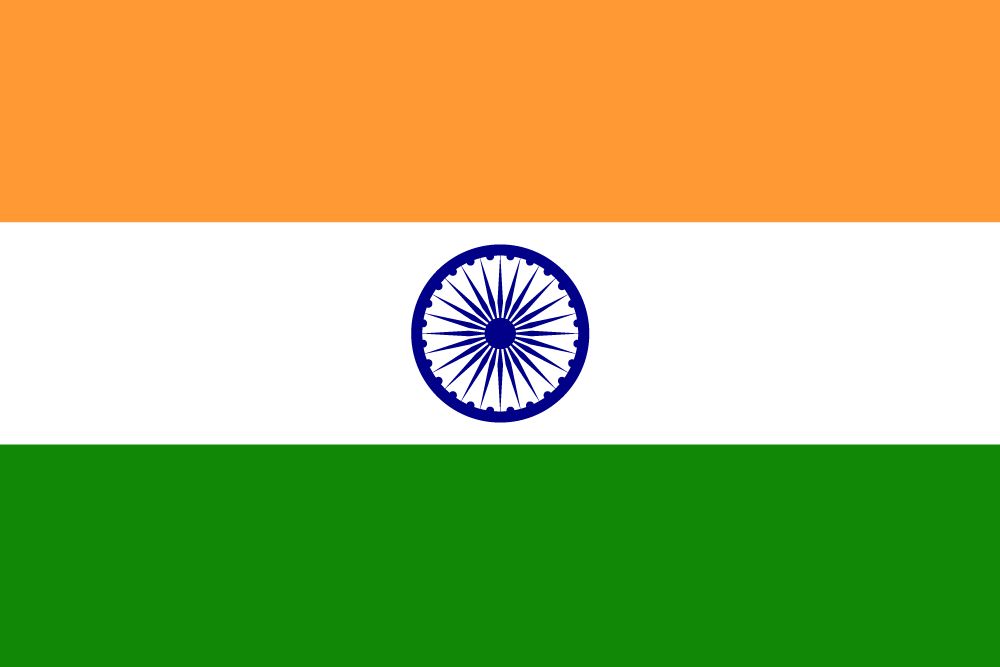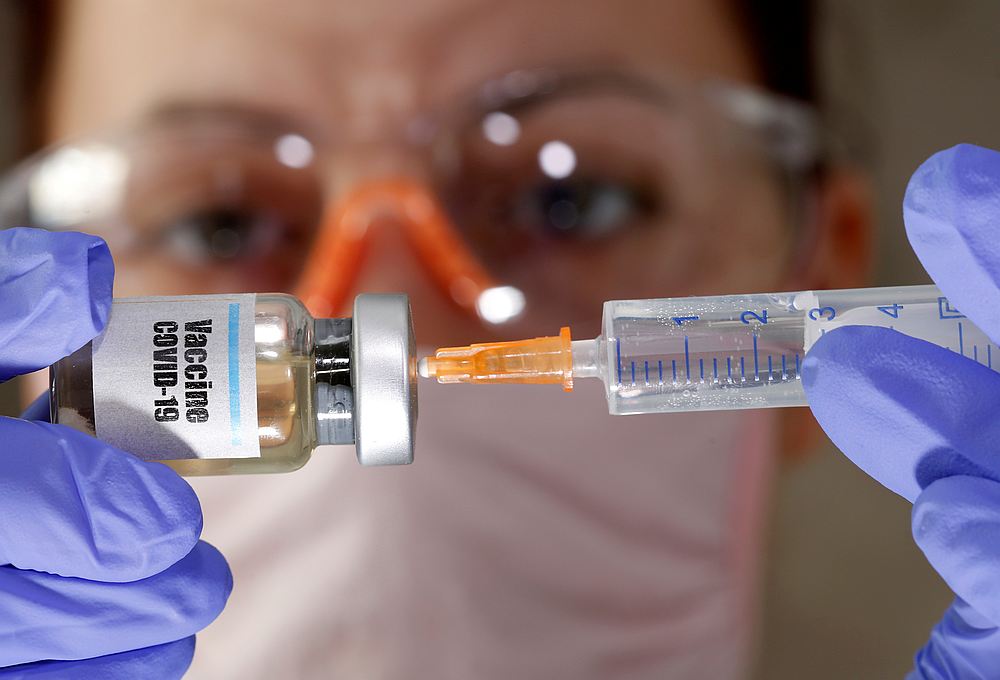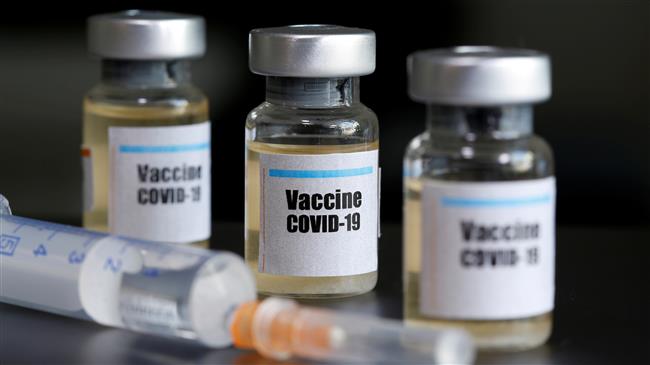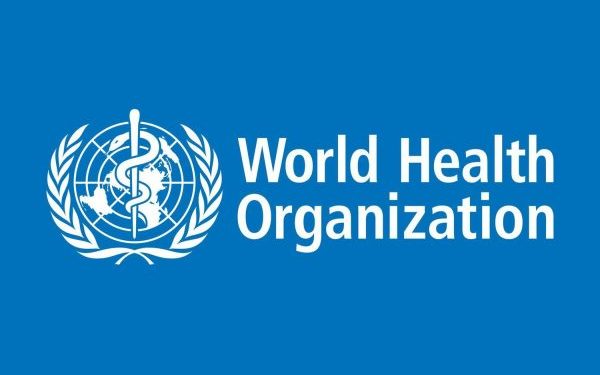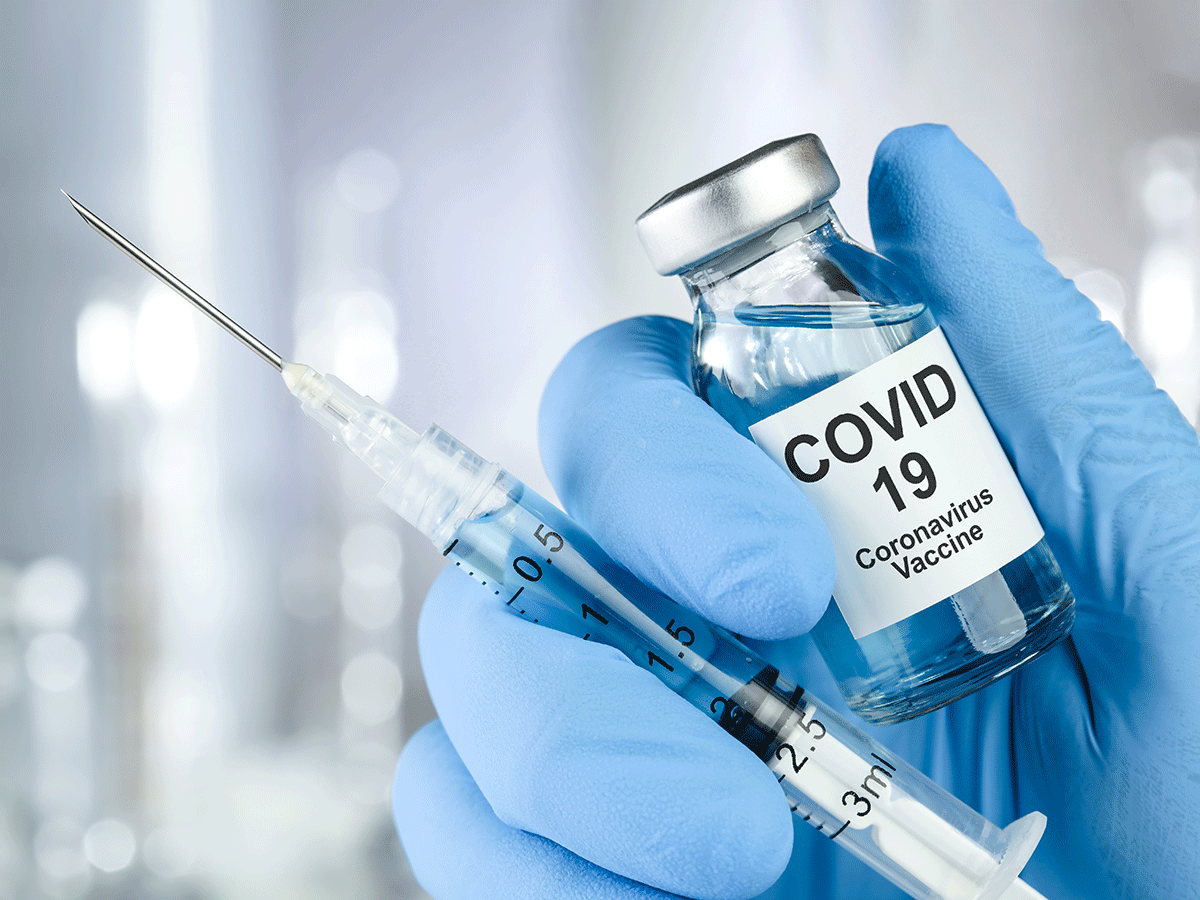India-made COVID-19 vaccine to be launched February – Official
An Indian government-backed COVID-19 vaccine could be launched as early as February…
COVID-19 vaccine mandatory, free for people over 18 in Argentina
An eventual vaccine against COVID-19 will be “mandatory” and free in Argentina…
COVID-19: FG to set up indigenous vaccine production
The Federal Government has announced plans to set up a modern vaccine…
Japan’s gov’t endorses bill to offer free COVID-19 vaccines
The Japanese government endorsed a bill on Tuesday to make novel coronavirus…
Iran joins WHO’s COVAX initiative on equitable distribution of COVID-19 vaccine
Iran has joined the World Health Organisation’s COVAX initiative for the equitable…
UAE foreign minister receives China-developed COVID-19 vaccine
Emirati Foreign Minister, Abdullah bin Zayed, has been vaccinated against COVID-19, one…
Affordable COVID-19 vaccine may not be available in Nigeria in 2 years, Physician says
A Consultant Public Health Physician, Dr Oluwatomi Owopetu, says a widespread and…
China, WHO in talks for assessing COVID-19 vaccines for global use
China is in talks to have its locally-produced COVID-19 vaccines assessed by…
WHO warns of influenza vaccine bottlenecks
The big demand for influenza vaccines during the COVID-19 pandemic could lead…
Belgia says first COVID-19 vaccine to hit EU markets March 2021
The first coronavirus vaccine available to EU citizens should appear in March…

